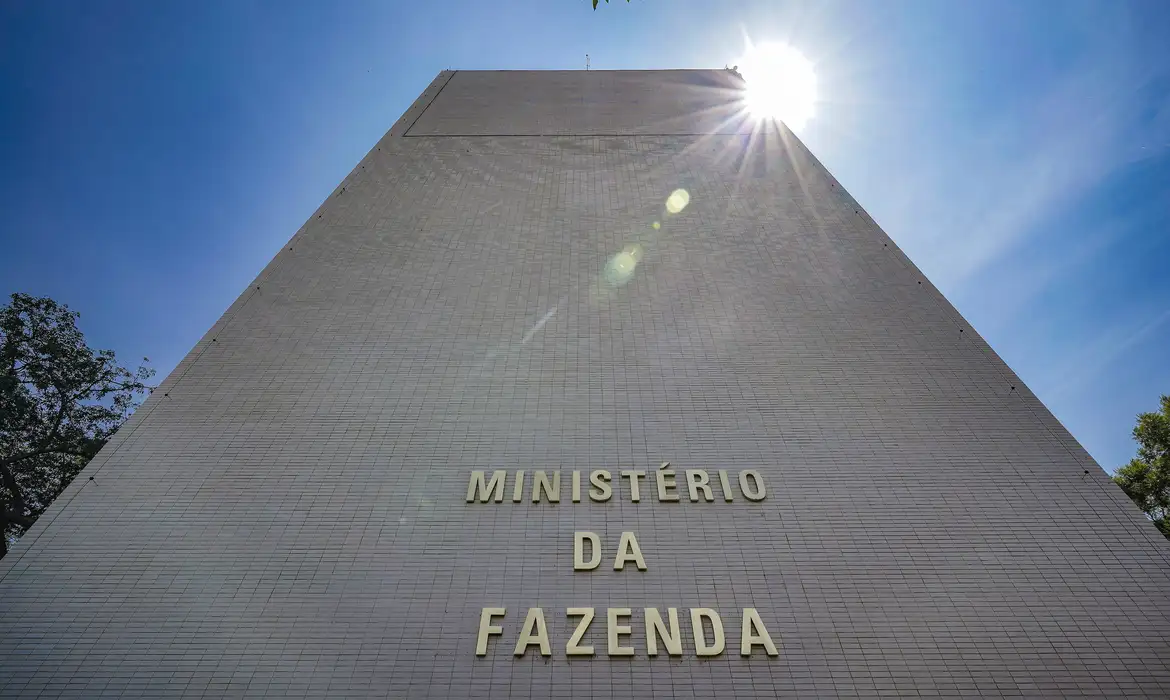PIS/PASEP: see who will be entitled to the bonus in 2025, with a proposal to cut government spending

Currently, workers who receive up to two minimum wages, the equivalent today of R$2,824, are entitled to the salary bonus. The benefit works as a kind of 14th salary.
As announced by the Minister of FarmFernando Haddad, the value of the bonus should be adjusted for inflation in the coming years, that is, by the National Consumer Price Index (INPC).
Furthermore, the benefit will undergo gradual corrections until it only serves workers who earn one and a half minimum wages – when PIS/PASEP will then become stable at this value.
On Thursday (28), the economic team held a press conference to detail the spending cut package. Haddad said that the change in the allowance is a “transitional rule for a benefit, which in a certain sense has lost its reason” due to other government social programs”.
What are the PIS/Pasep access criteria with the cost cut package?
The new rule proposed by the government changes one of the access criteria starting with payment next year. The idea is to unlink the maximum value of income that allows access to the benefit of the minimum wage adjustment and link this value to inflation.
With the change, the values for access to PIS/Pasep until 2035 would look like this:
- 2025: R$ 2.640
- 2026: 1.95 minimum wage (SM)
- 2027: 1,90 SM
- 2028: 1,85 SM
- 2029: 1,80 SM
- 2030: 1,75 SM
- 2031: 1,70 SM
- 2032: 1,65 SM
- 2033: 1,60 SM
- 2034: 1,55 SM
- 2035: 1,50 SM
Who can access PIS/Pasep?
Under current legislation, those who formally worked in the base year of payment, with monthly remuneration of up to two minimum wages, are entitled to the PIS/Pasep bonus. Furthermore, the worker must have been enrolled in the program for at least five years and their data must have been sent correctly by the employer in the Annual Social Information Report (Rais).
How is PIS/Pasep paid?
PIS payment is made by Caixa Econômica Federal to workers in the private sector whose contract is signed. The amounts are automatically released to those who are bank customers, paid on the worker’s birthday.
Those who do not have a Caixa account receive credit in digital social savings using the Caixa Tem app.
In relation to the payment of Pasep, the bonus is paid by Banco do Brasil (BB) to public servants. BB customers receive payments directly into their accounts and others must look for a bank branch to withdraw the money.
Other changes planned in the government package
Among the government proposals that make up the spending cut package are also changes to the minimum wage, military retirement and education resources. A reform to the income tax table was also announced, which should exempt workers who receive up to R$5,000.00.
The government’s proposal will be forwarded to the National Congress for approval. The measures must be analyzed first by the Chamber and then by the Senate.
The president of the Senate, Rodrigo Pacheco, stated that he intends for the economic team’s measures to be voted on by senators before the parliamentary recess, which begins on December 22nd.
By Brasil 61




